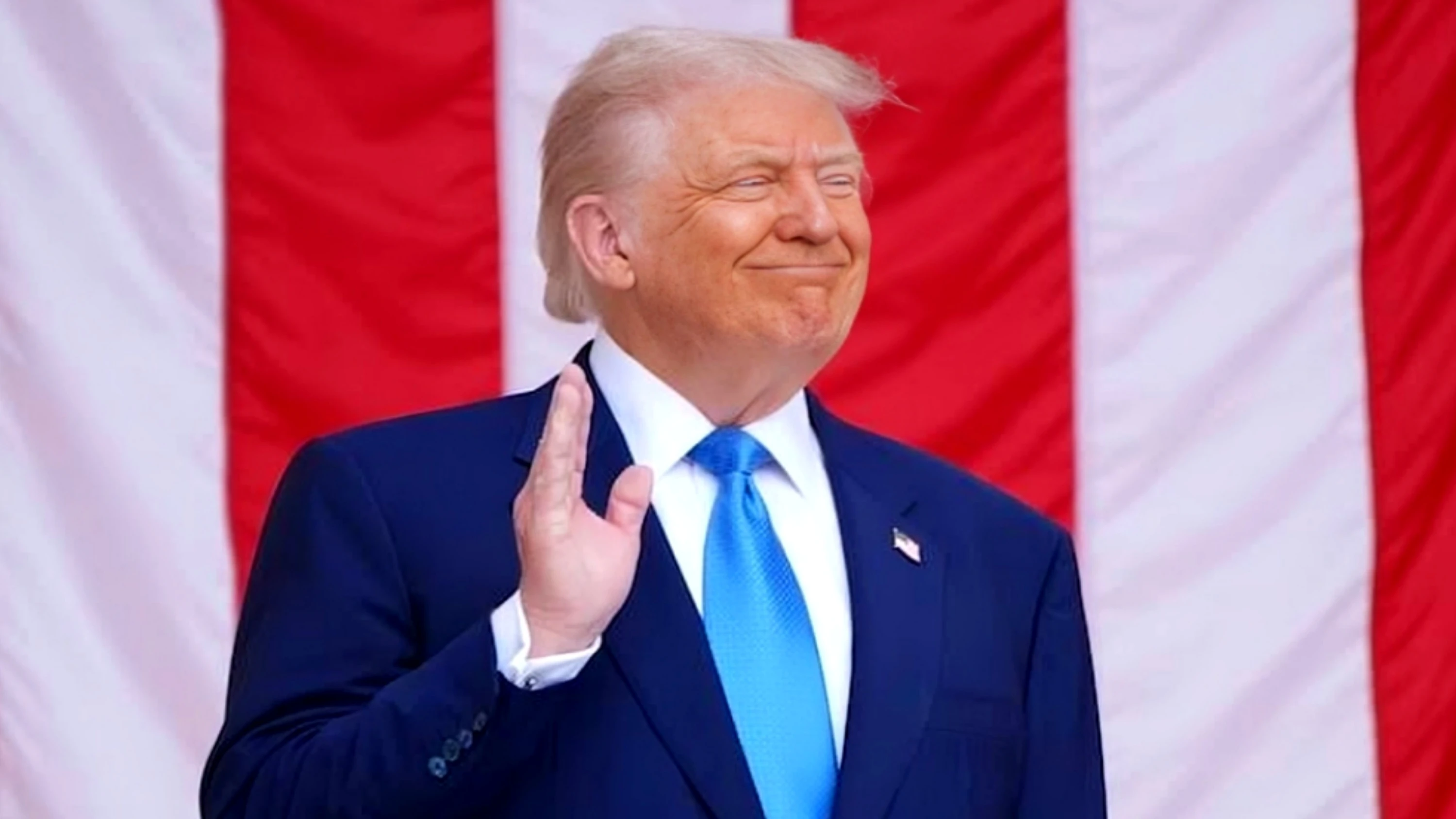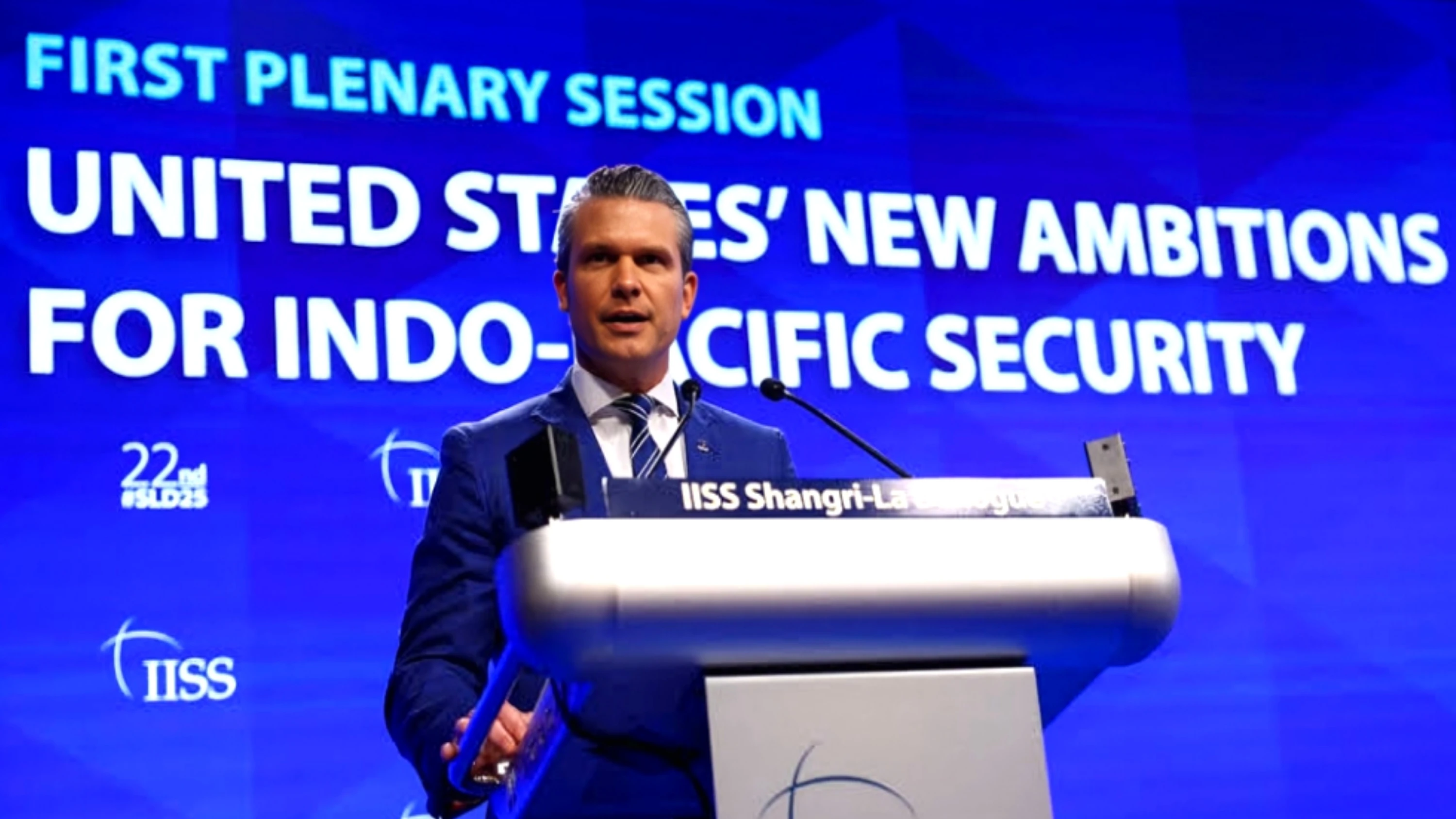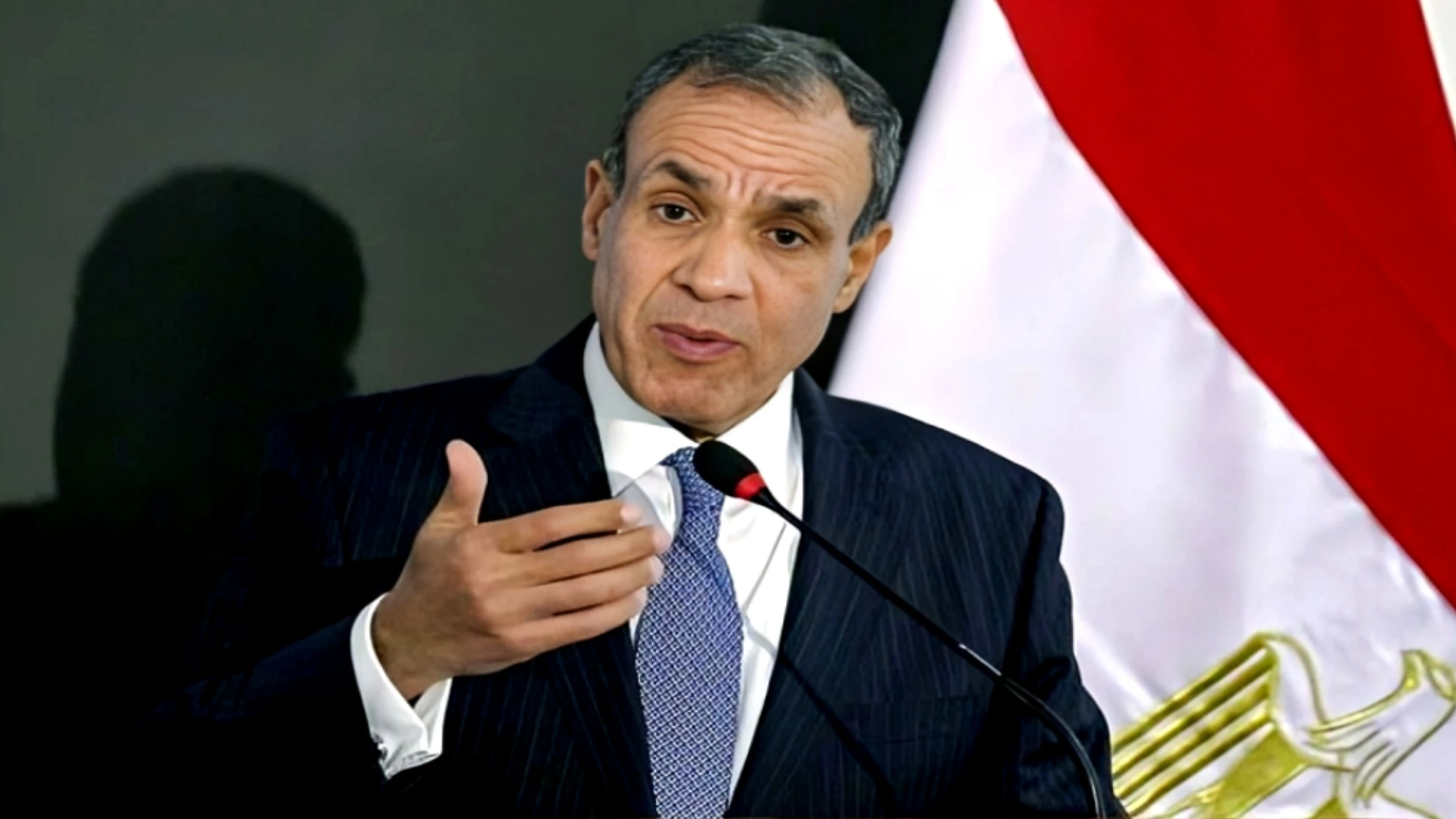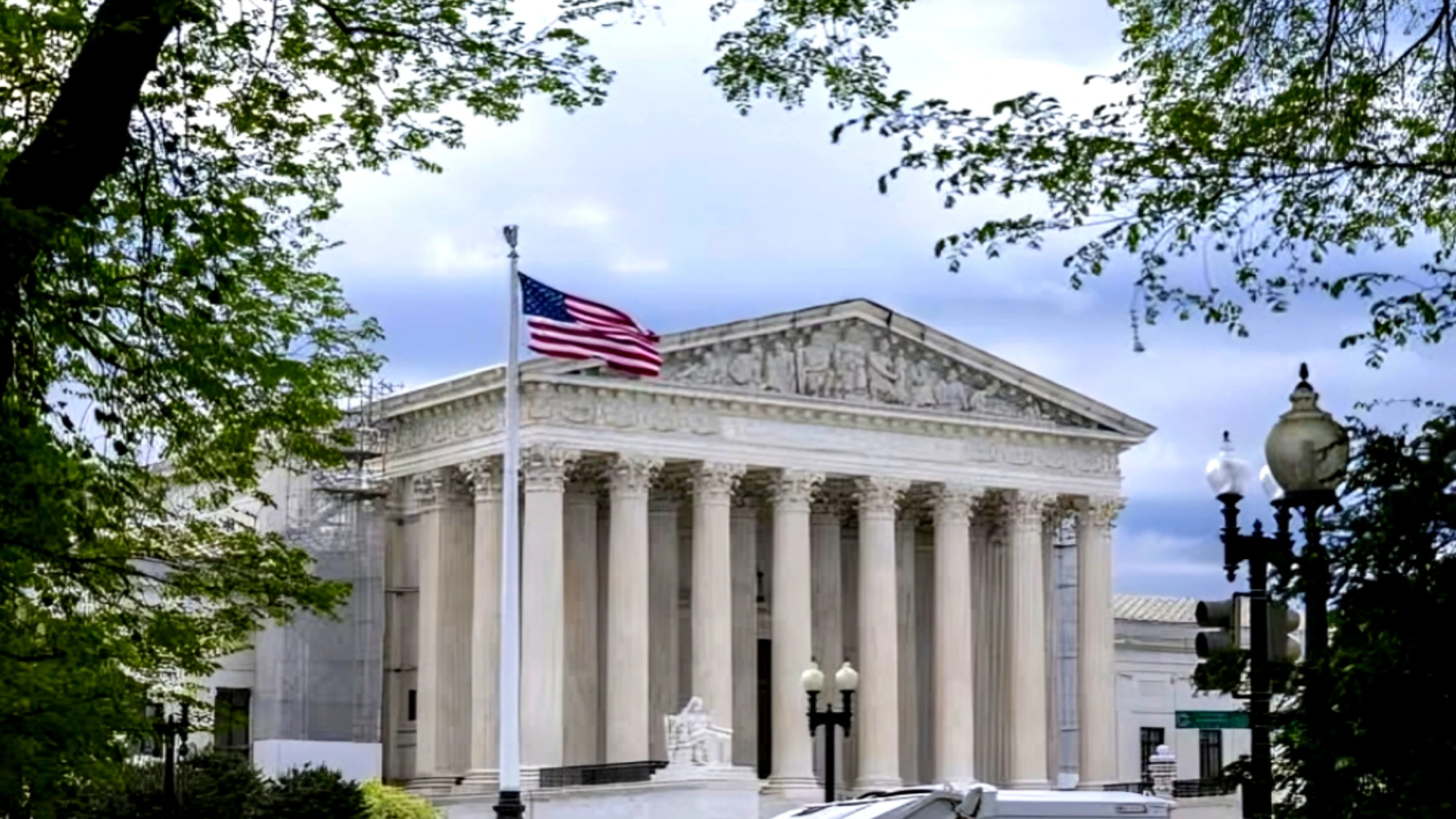Washington: President Donald Trump secured a temporary legal victory Thursday as a federal appeals court paused a lower court’s decision that would have dismantled much of his controversial tariff regime. The ruling grants the Trump administration a brief reprieve, allowing an appeal to proceed and delaying the rollback of sweeping import duties imposed on China and numerous other trading partners.
The administrative stay issued by the U.S. Court of Appeals for the Federal Circuit comes a day after the Court of International Trade ruled that Trump had exceeded his presidential authority by implementing broad tariffs under emergency powers. The trade court ordered the White House to begin lifting the tariffs within 10 days—a move now paused by the appellate decision.
Trump, who resumed the presidency in January, lashed out at the trade court on his Truth Social platform, calling it “horrible” and accusing it of undermining national interests. “Backroom 'hustlers' must not be allowed to destroy our Nation!” he wrote, alleging bias within the judiciary.
Since returning to office, Trump has renewed efforts to reshape U.S. trade relationships, leveraging tariffs to bring foreign governments to the bargaining table. But the unpredictable nature of the tariff strategy has shaken markets and disrupted global supply chains.
The Court of International Trade's ruling struck down a series of tariffs introduced since Trump first took office, including broad 10% duties on most trading partners and elevated levies on China and the European Union. However, it upheld Trump’s 25% tariffs on steel, aluminum, and imported automobiles.
The Trump administration has sharply criticized the court’s decision. White House spokesperson Karoline Leavitt labeled it “blatantly wrong” and accused the judges of overstepping their authority. She added that the administration is confident the ruling will be overturned, and pressed the Supreme Court to ultimately resolve the matter.
Trump adviser Peter Navarro suggested the legal setback had not slowed diplomatic progress. “We’ve had plenty of calls from countries still willing to negotiate in good faith,” he said, without identifying specific nations. Meanwhile, Kevin Hassett, head of the National Economic Council, dismissed the ruling as a “hiccup” and said ongoing trade talks remain on track, with three deals nearing completion.
China, a key target of Trump’s tariff strategy, urged the U.S. to end the levies, which it called unilateral and harmful. Chinese commerce ministry spokesperson He Yongqian called on Washington to respond to global and domestic demands for a return to fair trade practices.
Financial markets showed mixed reactions: Asian stocks rallied, U.S. indexes closed higher, while European markets ended the day slightly down.
The case centers on whether the president can use the International Emergency Economic Powers Act of 1977 (IEEPA) to justify wide-ranging tariffs. The trade court argued that interpreting the IEEPA to allow such broad tariff authority would be unconstitutional, effectively challenging Trump’s use of emergency powers for economic policy.
Analysts at Capital Economics in London noted that the legal battle may ultimately reach the Supreme Court, but cautioned that even a definitive ruling would not necessarily bring an end to the ongoing trade conflict.








